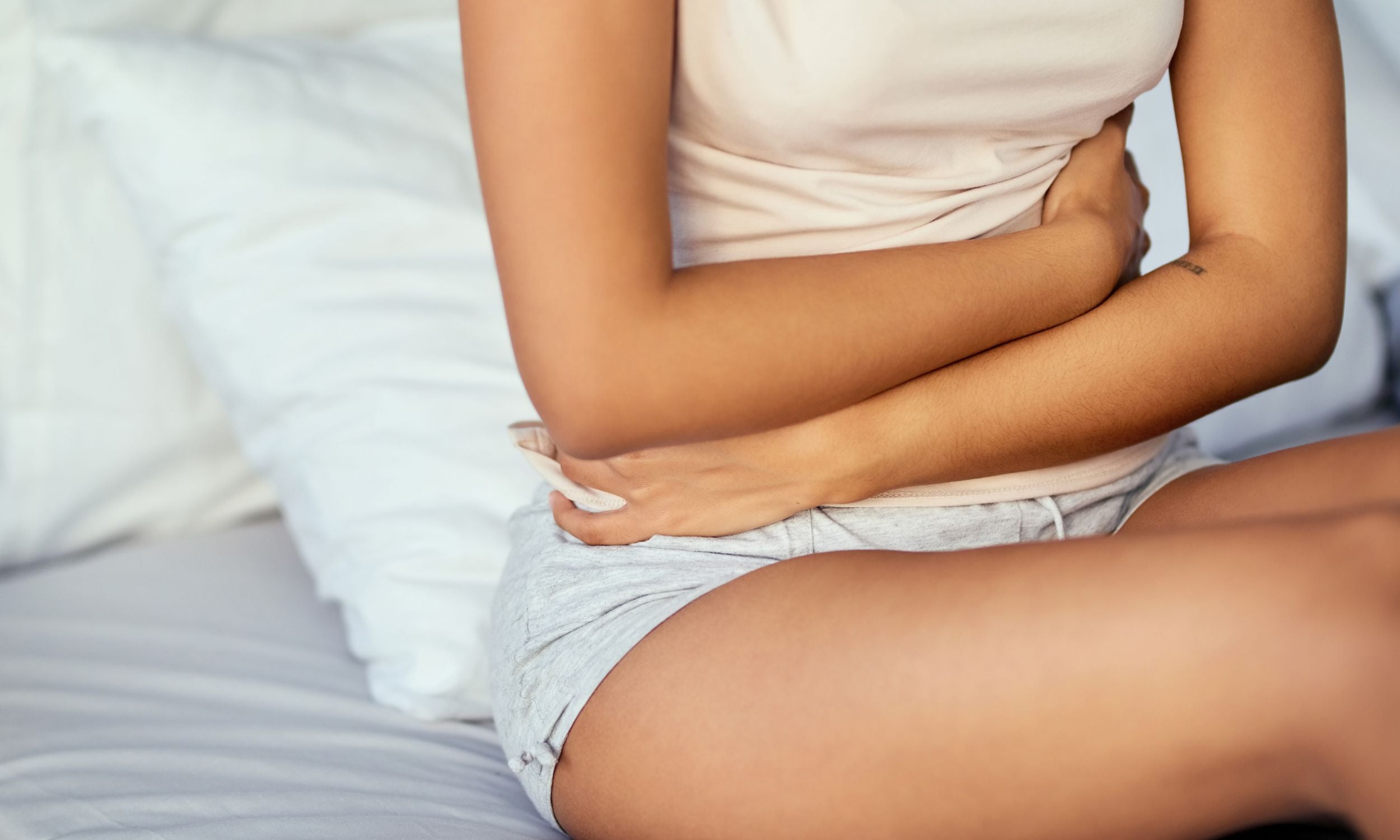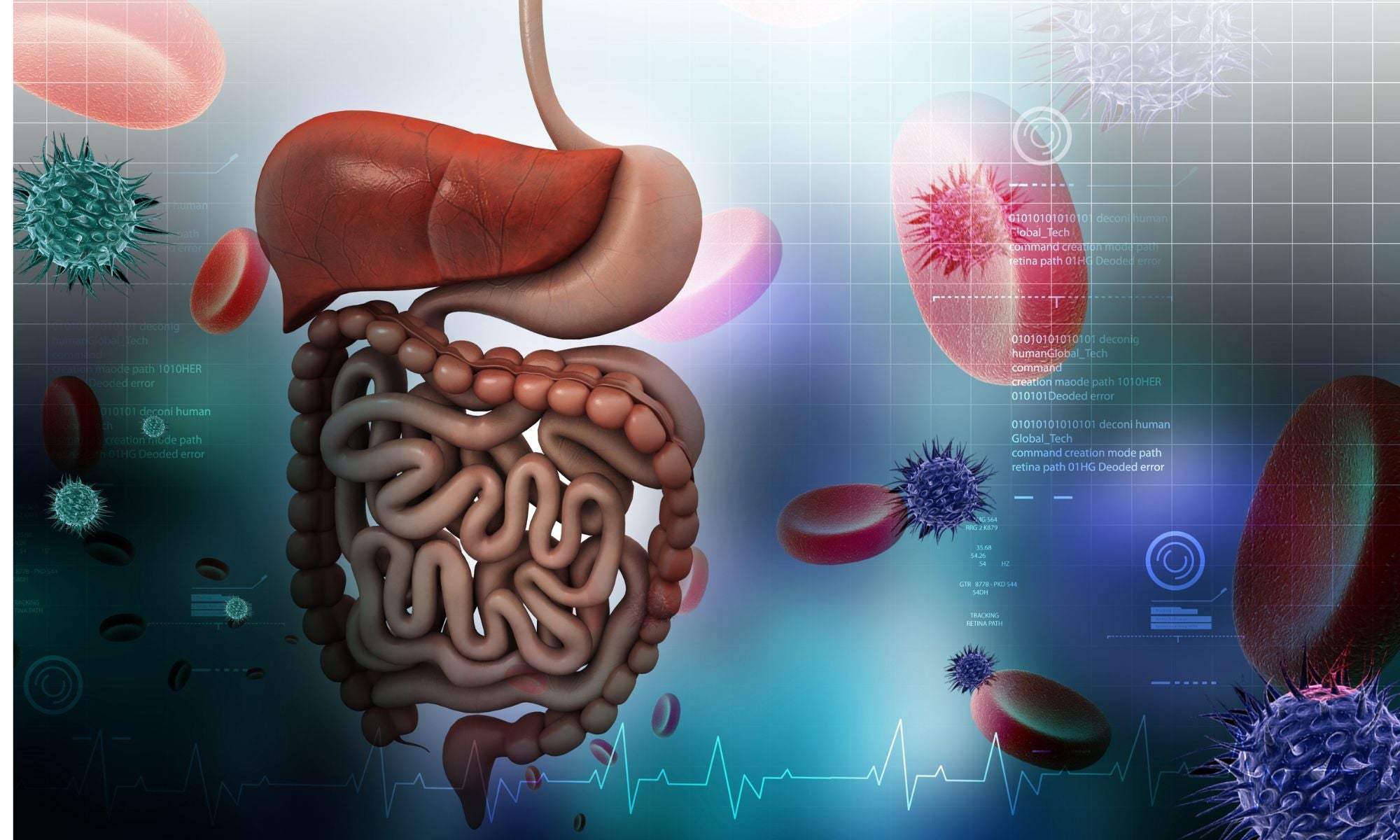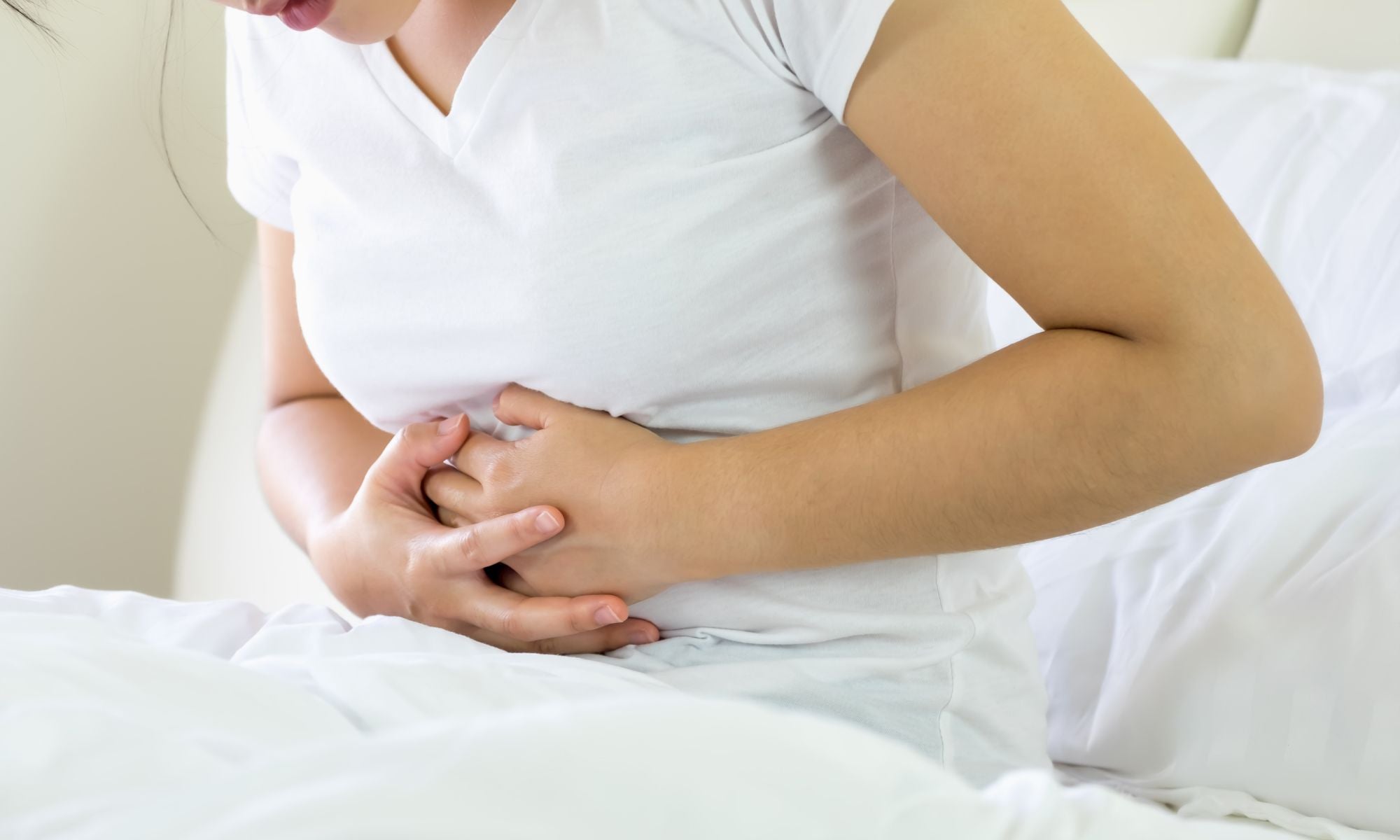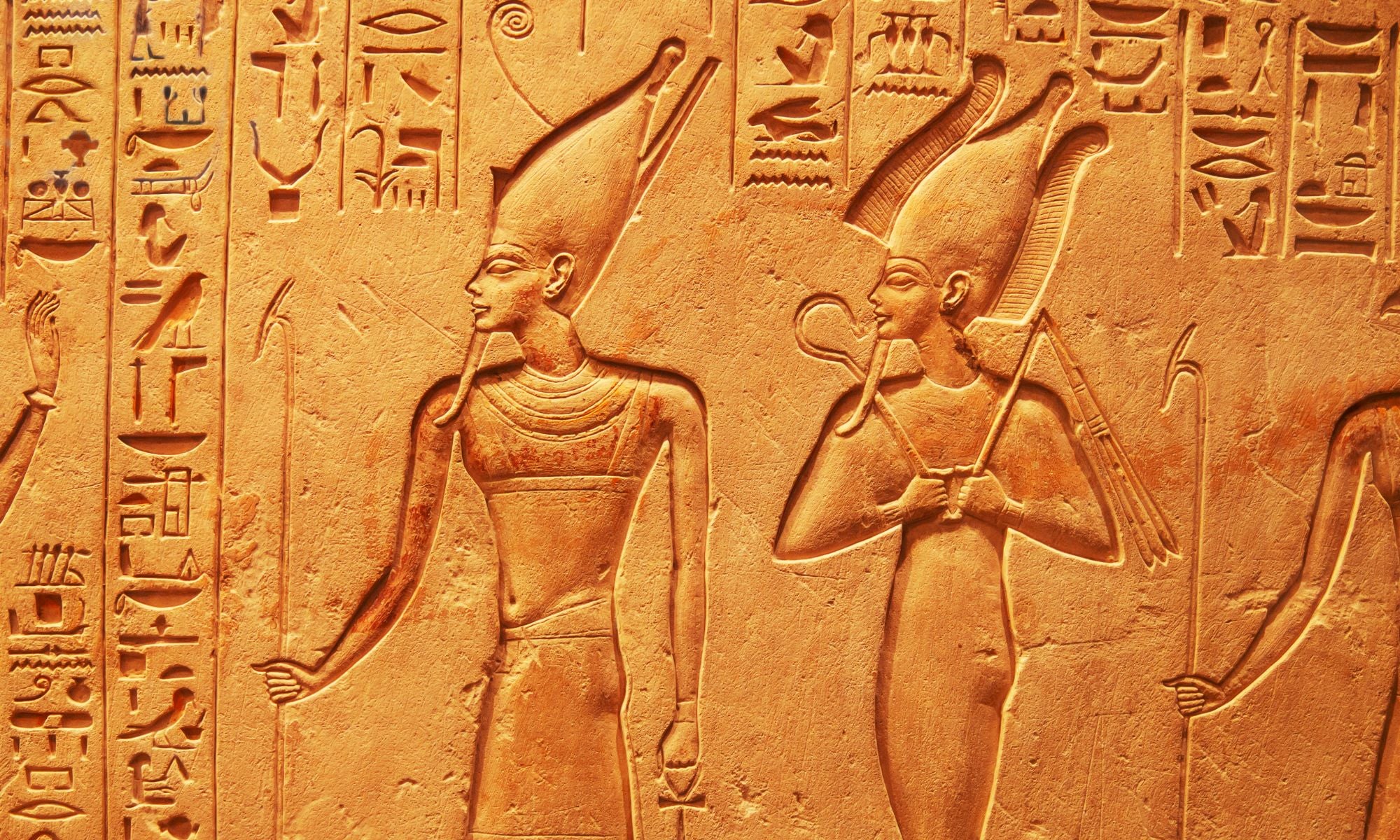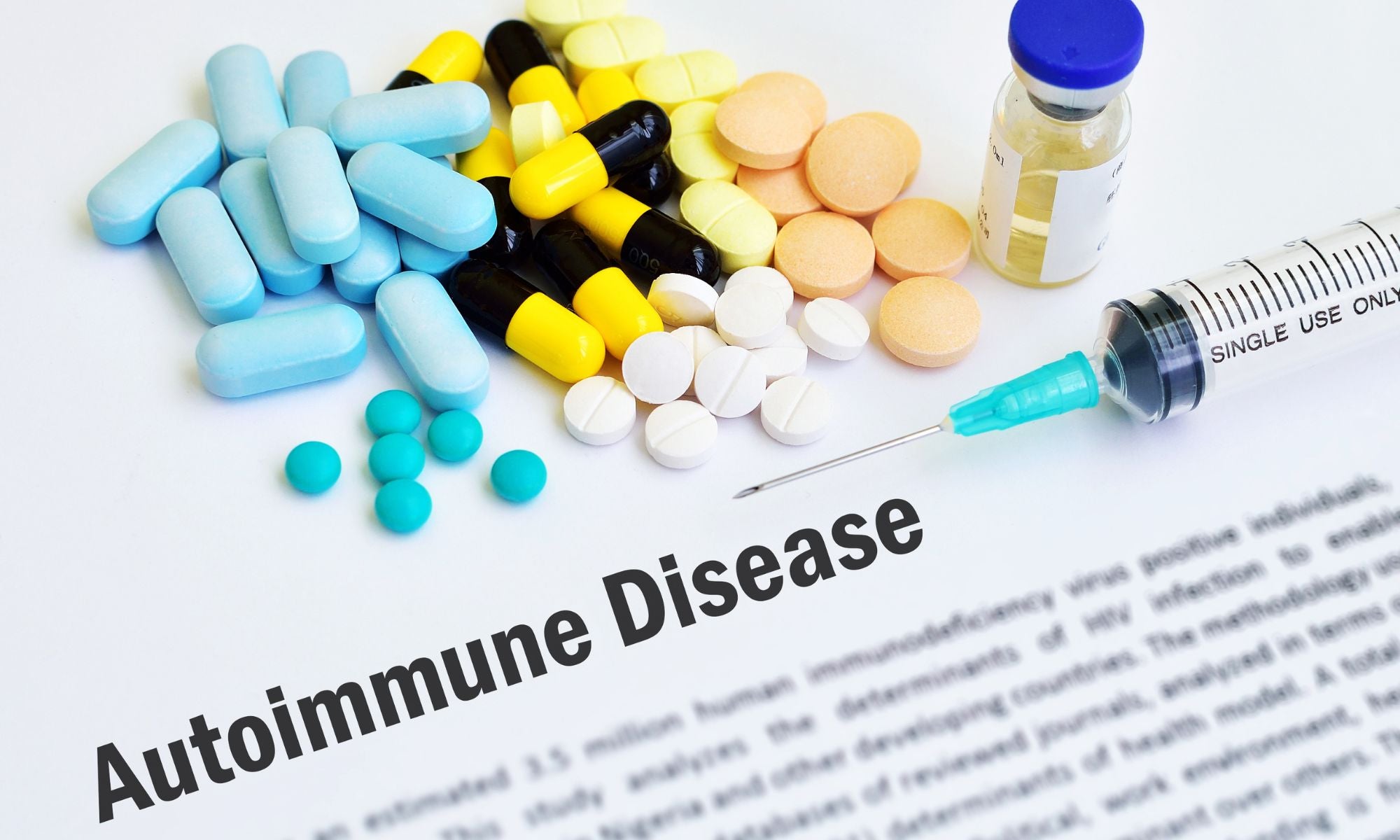
Depression and Gut Health
Introduction
Depression, or major depressive disorder, is not a single condition but a set of symptoms. Depression can cause changes in your mood, behavior, body, and thoughts. Depression affects how you feel about yourself, others, and the world around you. Your ability to work and enjoy once-pleasurable activities like sex or eating may be affected.
What is depression?
People suffering from depression often experience feelings of loss of interest and sadness. This condition, also called clinical depression or major depressive disorder, affects how you think and behave. It can lead to various physical and emotional issues.
Sadness is a common emotion that everyone experiences at some point in their lives, especially after experiencing an upsetting or stressful event. Depression is a severe mental health condition that can affect daily life. Although specific triggers can cause sadness, depression may not have a known cause.

Symptoms and causes of depression
Some possible causes of depression include childhood experiences, life events, other mental health issues, and genetic inheritance. Other factors, such as alcohol, recreational drugs, and sleep deprivation, can also trigger the condition.
People who are depressed often feel sad or empty most of the time for at least two weeks straight, but it's important to note that depression isn't just feeling sad. Depression affects more than just how you think; it affects how you perceive yourself and others around you and how you behave. Symptoms include:
- Inability to enjoy activities you used to enjoy
- Feelings of guilt or worthlessness
- Changes in appetite (eating too little)
- Changes in sleeping habits (sleeping too much or not sleeping at all)
- Irritability or feeling of frustration over simple matters
- Feeling of hopelessness
How is depression linked to gut health?
Depression is a mood disorder that several factors, including genetics and environment, can cause. But recent research suggests that gut health may also play a role in depression.
Gut health refers to the condition of your digestive system--the stomach and intestines--and how well it functions. It affects how well you absorb nutrients from food and drink; what type of bacteria live inside you; whether or not you're prone to illnesses such as food poisoning and traveler's diarrhea; whether or not you experience gas/bloating after eating certain foods (or not at all); whether or not constipation becomes a problem...you get the picture!
It turns out that these two seemingly unrelated things--gut health and mental health--are closely linked: symptoms associated with poor digestion can cause feelings of depression or anxiety because they are uncomfortable enough as they are without being compounded by stress on top of them.
How does your gut affect your mood and depression?
The gut is a complex and intricate network of tissues that makes up the gastrointestinal tract, which includes your stomach, small intestine, and large intestine. The gastrointestinal tract is responsible for absorbing nutrients from food and acting as a barrier between the outside world and your body.
The health of your gut can impact many things in your life: physical appearance; mental health; mood swings; inflammation levels (which can lead to heart disease or arthritis); allergies--even how much weight you lose! There are trillions of bacteria living inside our intestines right now. These bacteria help break down food so it can be absorbed into our bloodstream and provide extra nutrients like B vitamins that might otherwise be unavailable.
How can we improve our gut health?
To improve your gut health, there are several things you can do.
- Eat a balanced diet. This includes eating lots of fruits and vegetables, whole grains, and lean protein. If you have digestive issues that make it challenging to maintain a healthy weight or feel full after meals, consider adding prebiotics (found in foods like legumes) and probiotics (probiotic supplements).
- Exercise regularly: Exercise has been shown to improve both physical and mental health by boosting moods and reducing stress levels. It's especially beneficial if you're experiencing depression because exercise helps release endorphins--the brain chemical responsible for feelings of happiness! Make sure the activity is something you enjoy doing so that it doesn't feel like work; instead of going on long runs every day if they don't interest you much, try taking walks around town with friends instead!
- Get enough sleep: Getting enough restful sleep each night is essential for maintaining optimal physical health mentally, too - shortchanging yourself here may result in feeling tired during waking hours which could lead down an unhealthy path where stress triggers anxiety/depression symptoms, further exacerbating things down spiral effect...
Depression is real and can be treated.
Depression is a real illness, and it can be treated.
Depression is not a weakness, nor is it a choice. Depression is not something you should "get over" or that will go away on its own with time--it's an illness that requires treatment and management just like any other physical condition.
Depression has nothing to do with how strong or weak you are; it has everything to do with your brain chemistry being off balance due to stressors in your life (or even genetics). When this happens, certain chemicals in the brain get out of whack, which causes symptoms such as sadness, fatigue, and anxiety--and those symptoms may last for weeks or months before they subside again if left untreated!
Conclusion
Hopefully, this article has helped you better understand how depression affects gut health. We know it can be challenging to deal with these issues alone, but many resources are available to help you recover.



